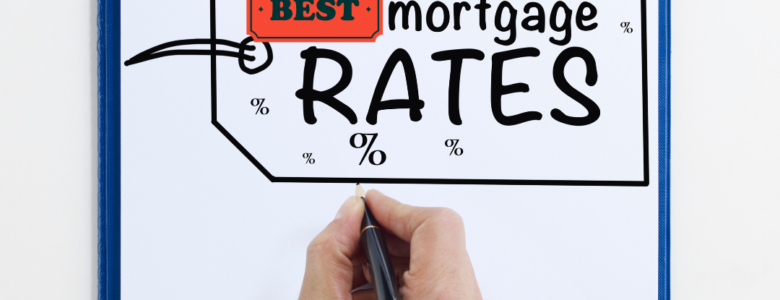For seniors in Florida, financial security and stability during retirement are paramount. While Social Security and retirement savings play essential roles, some older homeowners may find that they need additional funds to meet their financial goals. Florida reverse mortgage loans offer a viable solution, allowing seniors to access their home equity without having to sell their homes.
Understanding Florida Reverse Mortgage Loans
A Florida reverse mortgage, also known as a Home Equity Conversion Mortgage, is a government-insured loan program by the Federal Housing Administration. It’s designed for homeowners aged 62 and older, enabling them to convert home equity into tax-free cash, a line of credit, or fixed monthly payments. Repayment occurs when the homeowner sells, moves out, or passes away.
Finding the Best Rates for Florida Reverse Mortgage Loans
Finding the best rates for Florida reverse mortgage loans is crucial for maximizing the benefits of this financial tool. Here are some tips to secure favorable rates:
Shop Around for Lenders
Different lenders may offer varying rates and terms for reverse mortgages. It is essential to compare offers from multiple lenders to find the most competitive rates.
Consider Both Fixed and Adjustable Rates
Florida seniors have the option to choose between fixed-rate and adjustable-rate reverse mortgages. Fixed-rate loans offer stability with a consistent interest rate, while adjustable-rate loans may provide initial lower rates and flexibility in payment options.
Consult with a Reverse Mortgage Specialist
A reverse mortgage specialist offers valuable insights and personalized advice on finding the best rates and loan options that align with individual financial goals.
Risks and Considerations
Florida reverse mortgage loans offer numerous benefits, but potential borrowers must consider the risks and potential implications:
Loan Costs and Fees
Reverse mortgages come with upfront costs and fees, including mortgage insurance premiums and closing costs. Borrowers should understand these costs and how they impact the overall loan amount.
Impact on Heirs
The loan is repaid when the homeowner moves out or passes away, which may affect the inheritance for heirs. They can repay the loan to keep the home or sell the property to pay off the balance.
Home Value Fluctuations
The home’s appraised value determines the loan balance. If the property’s value declines over time, it may affect the amount that borrowers can borrow or repay.
Financial Planning and Alternatives
Before committing to a reverse mortgage, Florida seniors should explore other financial options. These include downsizing to a more affordable home or accessing other retirement savings.
Therefore, Florida reverse mortgage loans offer seniors a valuable opportunity to access home equity, supplement retirement income, and achieve financial stability. By debunking myths and understanding the benefits, risks, and eligibility criteria, Florida homeowners can confidently explore reverse mortgages as a viable option for a comfortable retirement.








